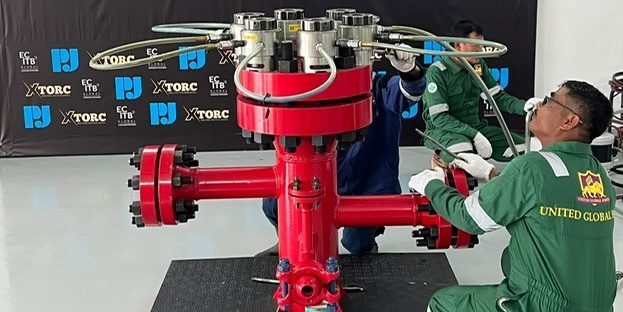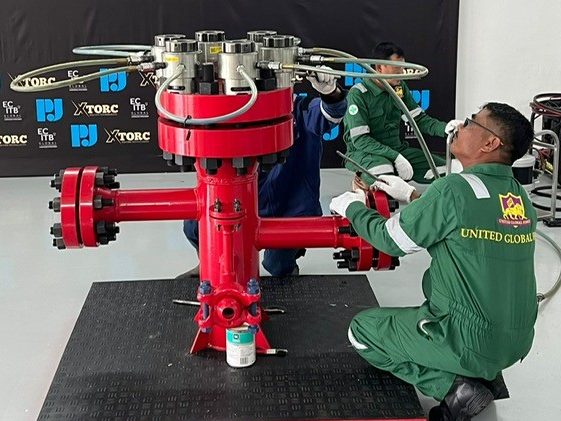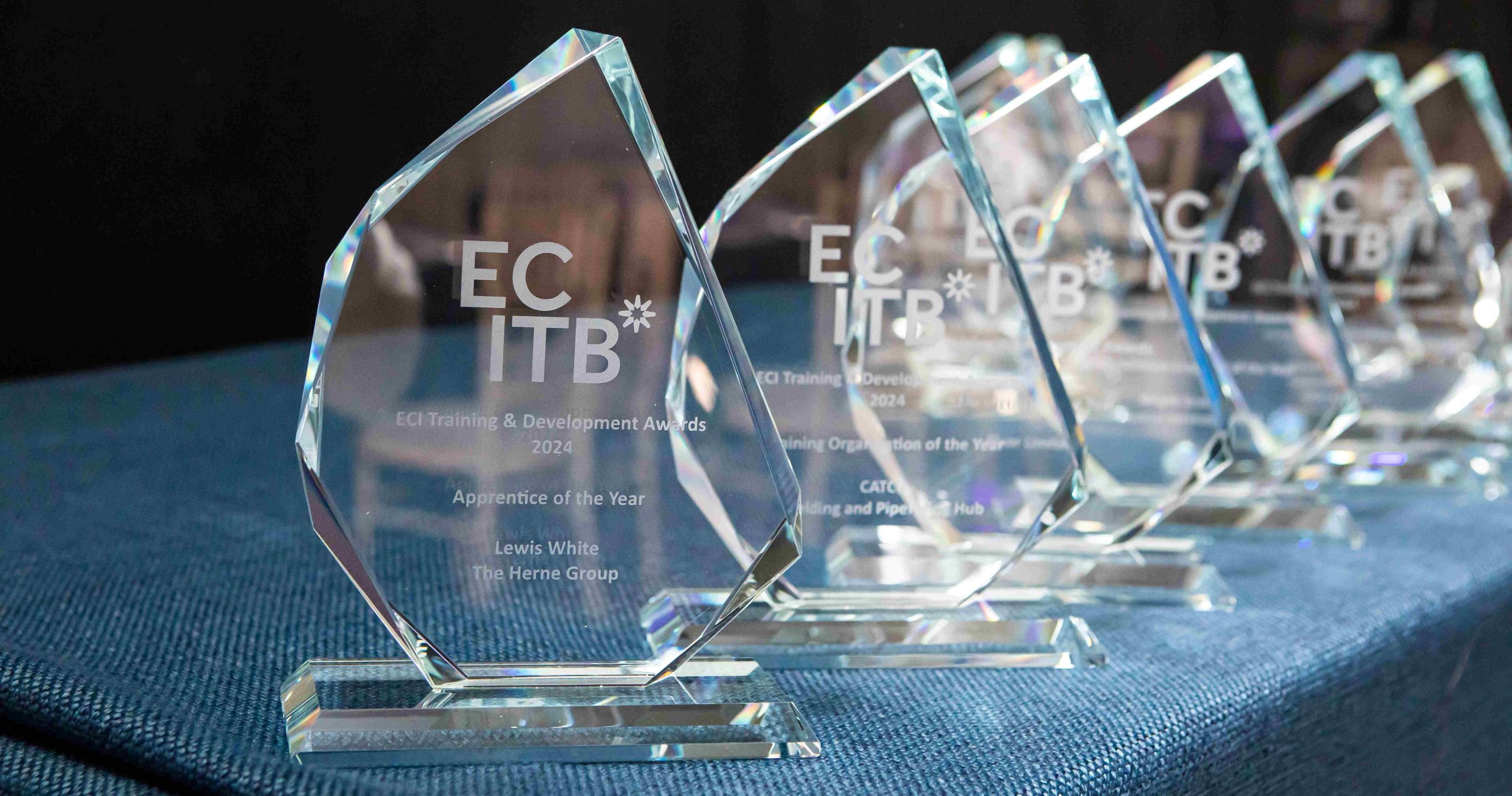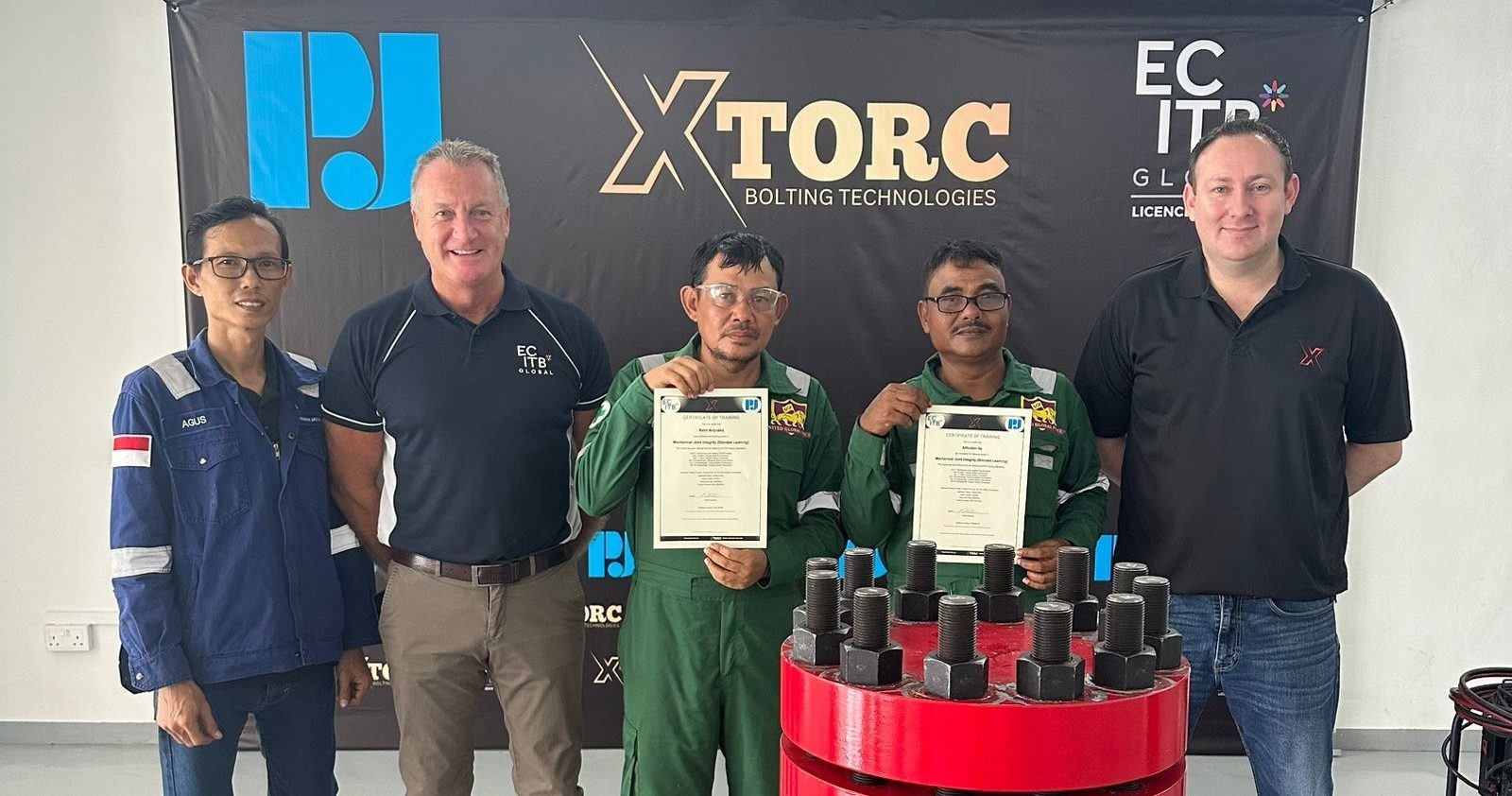Mechanical Joint Integrity training
The MJI scheme is intended to reflect industry ‘good practice’ for the training and competence of workers in relation to mechanical joint operations.
The model applies to the onshore and offshore oil and gas industry and has general application to all industries where mechanical joint operations are undertaken.
Mechanical Joint Integrity training is aimed at all personnel involved in mechanical joint operations. Those who are expected to plan these operations and the supervisors of the personnel performing them should also be familiar with these principles.
The MJI scheme consists of a four-stage model of training and competence that can be used by new entrants as well as existing and experienced workers involved in mechanical joint operations.
The ECITB Mechanical Joint Integrity flyer explains each stage of the MJI model and the associated ECITB certificates issued for training and test achievement.
The 4 stage model

Find a Licensed Provider
ECITB Global delivers internationally-recognised training and qualifications in key engineering construction industry skills and health and safety programmes through our worldwide network of around 60 licensed training providers.
We link our global qualifications with locally-recognised training programmes and qualifications in more than 30 countries. This ensures successful learners graduate from one common training programme and assessment process with qualifications that are valid across international markets.






